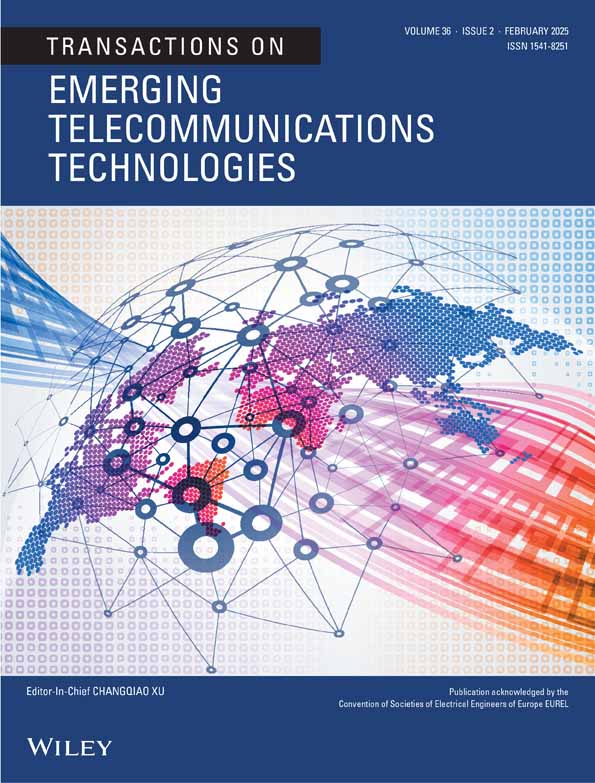Blockchain Empowered Quantum Safe Batch Aggregate Signature Algorithm for Authenticated Data Trading in Internet of Vehicles
ABSTRACT
This paper contains a quantum-safe and efficient blockchain-based data trading framework designed for the Internet of Vehicles (IoV). With the proliferation of connected vehicles, there is a growing need for quantum-safe and trustworthy data sharing among vehicles, roadside infrastructure, and service providers. Due to Shor's algorithm, most of the existing traditional authenticated data delivery algorithms supporting blockchain will not work. The proposed framework supports blockchain's decentralized nature to ensure the authenticity of data and its transparency while minimizing the computational overhead to suit the distributed IoV communication environment. We have designed a blockchain-based data trading framework for the IoV, utilizing practical Byzantine Fault Tolerance (pBFT) consensus to ensure authentic transactions. With respect to gaining consensus efficiency, the general Byzantine Fault Tolerant (BFT) framework uses an all-to-all message pattern to reach final decision block. To reduce the cost of communication complexity from to , aggregation of signatures has been used in the proposed blockchain consensus framework. Moreover, consensus mechanisms like Proof of Work (PoW) may not be applicable to IoV networking systems due to their comparatively high energy consumptions. This framework is scalable in terms of key generation time, and the storage complexity is less as compared to the storage complexity of the non-aggregated signature methods. The proposed module lattice-based aggregation of signatures offers approximately 58% faster rate of reading the blocks with respect to existing techniques. The consensus process benefits significantly from the implementation of aggregated signatures and verification, resulting in average energy consumption between 1.8% and 6.4%.
Open Research
Data Availability Statement
All the data's available in the manuscript. Declaration of competing interest The authors declare that they have no known competing financial interests or personal relationships that could have appeared to influence the work reported in this paper. Data availability Data will be made available on request.




